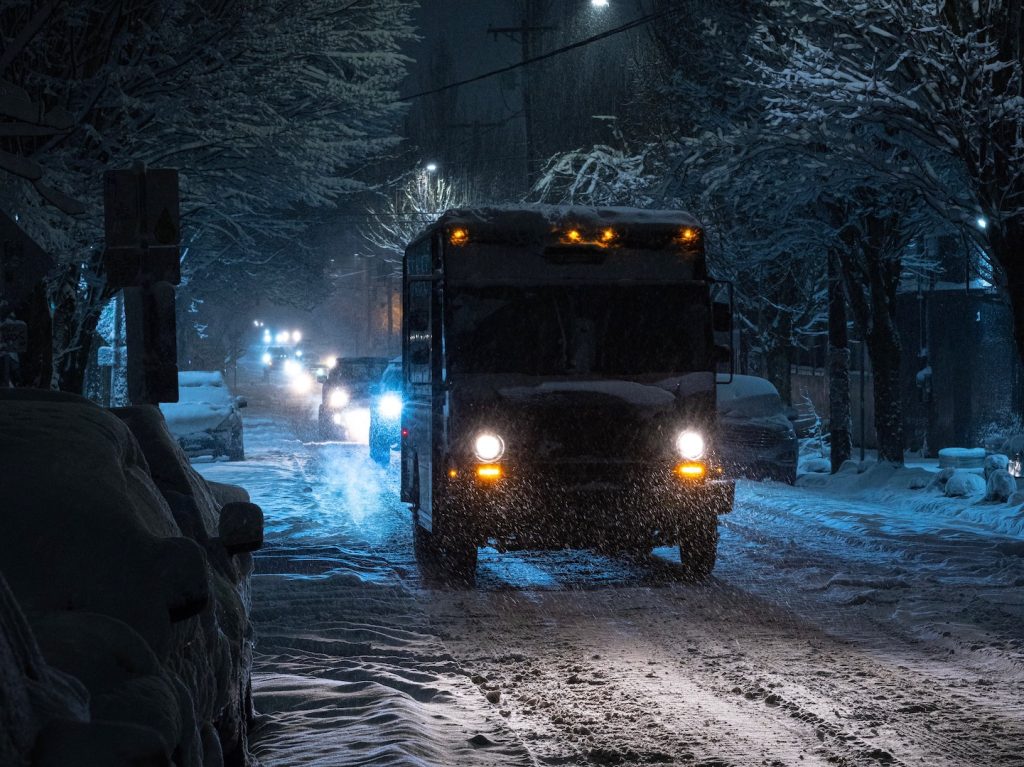Mastering Cold Weather: Keeping Workers Safe in Winter
Work-related cold stress injuries can be severe.
Working outside in New England during the winter months can be dangerous, often resulting in work-related injuries due to extreme cold. That’s why it’s critical that employers take steps to keep workers safe during the winter to prevent work-related cold stress injuries.
“If there weren’t already enough hazards involved in working on a busy job site, winter weather makes a tough, physically demanding job even harder,” according to a recent Occupational Health & Safety magazine article about the dangers of working in cold weather. “Cold temperatures attack winter workers, stealing away body heat, risking their safety and productivity, and making it harder to pay attention.”
How does cold weather impact workers? What are the warning signs of work-related injuries due to extreme cold? Our workers’ compensation lawyers at the Law Offices of Deborah G. Kohl in Massachusetts and Rhode Island explain.
How common are cold-related work injuries?
Every year, workers sustain serious work-related injuries or fatalities due to working in the cold, especially employees who work outside the construction industry or other industrial settings. Specifically, weather-related conditions cause roughly 50 workplace fatalities each year, according to the U.S. Bureau of Labor Statistics (BLS).
Cold weather puts stress on workers because “the body must work harder to maintain its normal temperature,” according to Occupational Health and Safety magazine. Cold-related stress occurs if someone’s internal body temperature drops below 95 degrees Fahrenheit.
How does cold weather cause injuries?
According to health and workplace safety officials interviewed by Occupational Health and Safety magazine, cold weather causes work-related injuries in five different ways:
- Radiation – Cold temperatures take heat from the body through radiation or exposed skin, making workers feel cold faster.
- Convection – Wind-related cold weather injuries due to a steady, cold breeze that takes warm air from the body beneath the skin.
- Conduction – Injuries caused by skin coming into contact with much colder objects, especially metal tools or cold objects covered with ice.
- Evaporation – Sweating is often caused by wearing insulated work clothes, which causes workers to lose heat due to evaporation and increases the likelihood of cold stress injuries.
- Respiration – Breathing in cold air can put stress on workers’ bodies and lower their core body temperature, resulting in pain or making it difficult to concentrate while working.
Common cold-related work injuries
Work-related injuries caused by cold weather include:
- Hypothermia (abnormally low body temperature, which can affect a person’s brain activity and ability to move)
- Frostbite (damage to the skin and underlying tissue caused by exposure to extreme cold)
- Trench foot (foot-related injury due to exposure to extreme cold and damp, sometimes unsanitary conditions)
- Chilblains (inflammation of the skin, swollen patches, and blistering of the skin, often on the hands and feet, due to cold, damp air)
Warning signs of cold-related work injuries
Different cold-related work injuries have different symptoms. But some of the most common warning signs that someone might be too cold at work include:
- Shivering
- Fatigue
- Numbness in body
- White patches on the skin
- Difficulty concentration
- Poor balance
- Difficulty speaking
Ways to keep workers safe in the cold
Employers should take steps to prevent workers from being injured at work due to extreme cold. Such preventative measures include:
- Provide workers exposed to the cold as part of their work with insulated clothing.
- Conduct workplace inspections to ensure employees working outside in extreme cold do not have any exposed skin.
- Ensure workers get enough to eat and drink while working in extreme cold.
- Provide training to workers on how to work outside in extreme cold.
Seeking legal help after a work injury
Work-related injuries caused by working in the cold are common in Massachusetts and Rhode Island, where winter weather can be harsh. If you sustain a work-related injury due to cold winter weather, you should be eligible to receive workers’ compensation benefits. However, obtaining the benefits you deserve can prove to be challenging.
Our experienced workers’ compensation lawyers at the Law Offices of Deborah G. Kohl are here to help you obtain the benefits you deserve. We know what to do because we have years of experience handling workers’ compensation claims in Rhode Island and Massachusetts.
Put your trust in a law firm that puts your needs first. Contact us and schedule a free case evaluation with a workers’ compensation attorney focused on helping you move forward after a work injury.


